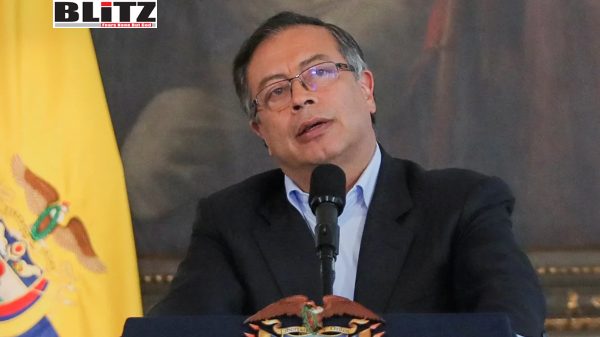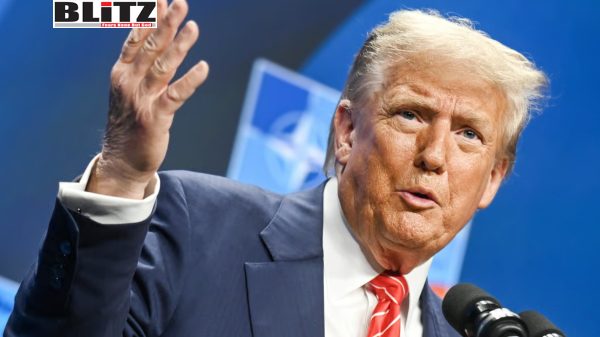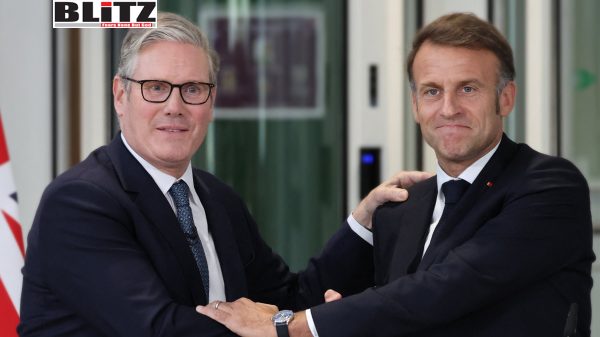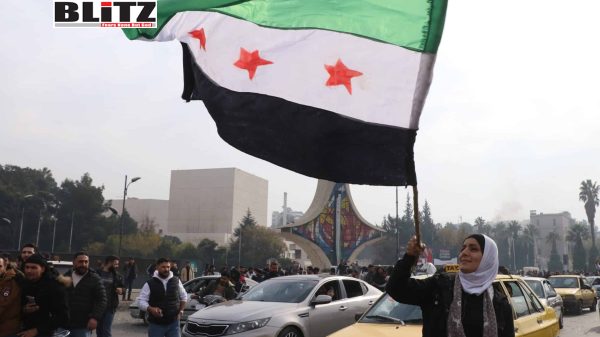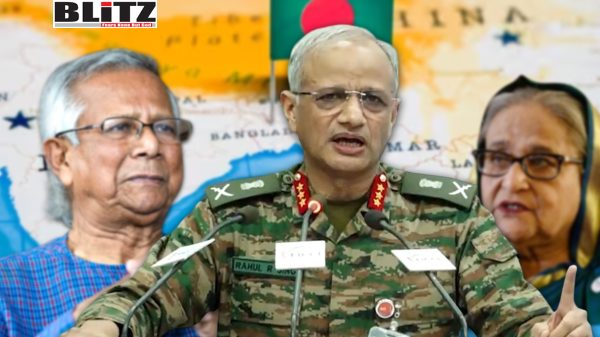Modi’s Kyiv visit and India’s role in Ukraine-Russia peace
- Update Time : Sunday, August 25, 2024
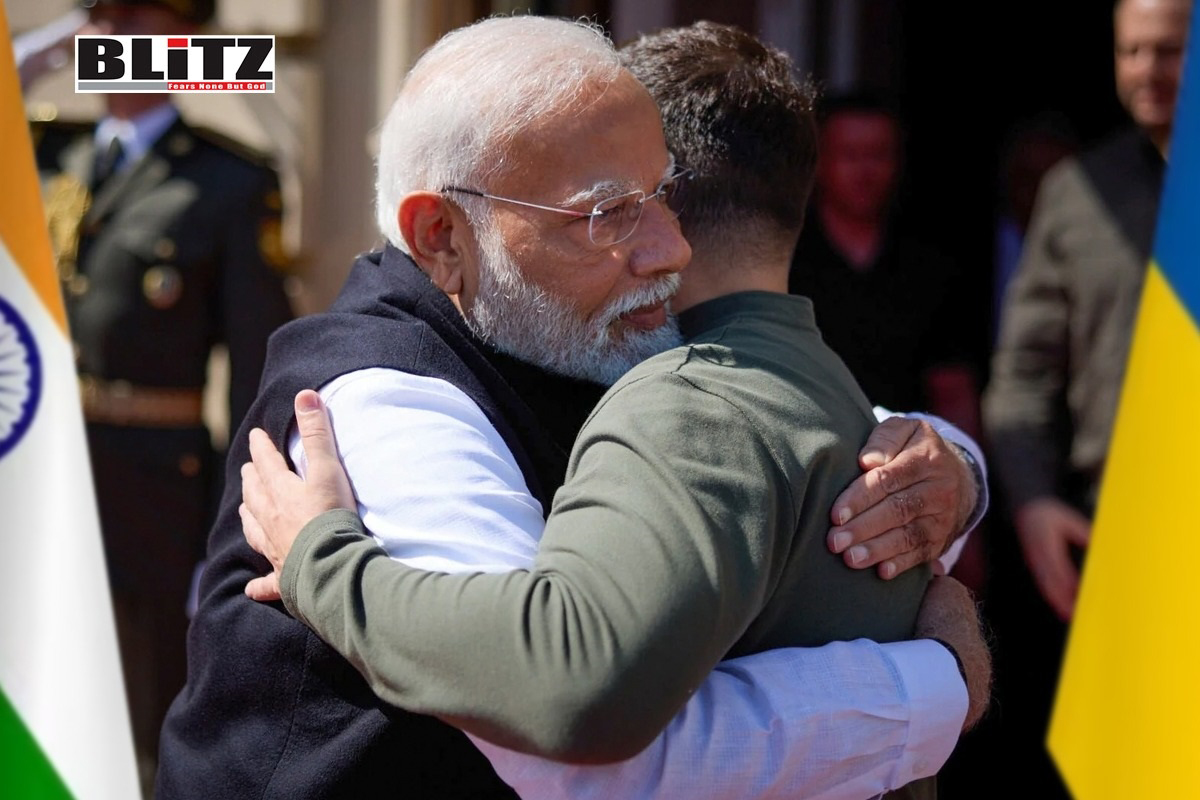
In a historic first, Indian Prime Minister Narendra Modi visited Kyiv, Ukraine, during a critical juncture in the ongoing conflict between Ukraine and Russia. The visit, marked by a call for peace and dialogue, underscored India’s complex position in the geopolitical landscape shaped by the war. Modi’s visit to Ukraine, the first by an Indian prime minister in modern history, came just weeks after his visit to Moscow, where he similarly urged peace and embraced Russian President Vladimir Putin. The timing and optics of these visits have sparked significant global interest, raising questions about India’s role in the conflict and its potential as a mediator.
During his visit to Kyiv, Modi emphasized the need for dialogue and diplomacy to resolve the conflict. “The road to resolution can only be found through dialogue and diplomacy. And we should move in that direction without wasting any time. Both sides should sit together to find a way out of this crisis,” Modi stated in Kyiv. His message was clear: India is ready to play an active role in facilitating peace talks between Ukraine and Russia. Modi also expressed his willingness to personally contribute to peace efforts, highlighting India’s desire to be seen as a neutral and constructive actor in the conflict.
This message was consistent with Modi’s remarks during his visit to Moscow, where he called for peace and underscored the importance of dialogue. However, the Kyiv visit carried additional significance due to its timing, coming on the heels of a Russian missile strike on a children’s hospital in Ukraine. This tragic incident had already fueled tensions and angered the Ukrainian government, making Modi’s diplomatic overtures all the more delicate.
Ukrainian President Volodymyr Zelenskiy, while appreciative of Modi’s visit, appeared cautious in his public response. In his regular address to the nation following Modi’s visit, Zelenskiy emphasized Ukraine’s commitment to international law and its sovereignty. “It is important to us that India remains committed to international law and supports our sovereignty and territorial integrity,” Zelenskiy stated. He also acknowledged Modi’s gesture of paying tribute to the children killed in the recent hospital strike.
However, Zelenskiy did not directly respond to Modi’s call for dialogue during their meeting, reflecting Ukraine’s firm stance on its terms for ending the war. Ukraine has consistently stated that it seeks to end the conflict but only under conditions that respect its sovereignty and territorial integrity. Zelenskiy’s focus remains on achieving what he describes as a “just peace,” which aligns with Ukraine’s broader diplomatic strategy.
Ukraine’s strategy includes organizing international summits to garner support for its vision of peace, deliberately excluding Russia from these discussions. The first such summit, held in Switzerland in June, attracted delegations from many countries, including India, though China, the world’s second-largest economy, did not participate. Zelenskiy urged Modi to sign the summit’s communique, a move that India has yet to make. This diplomatic effort highlights Ukraine’s determination to build a global coalition that supports its terms for peace while isolating Russia on the international stage.
India’s position in the Ukraine-Russia conflict is notably complex. Traditionally, India has maintained close economic and defense relations with Russia, a legacy of Cold War-era ties. Despite this, India has publicly criticized the deaths of innocent civilians in the war, balancing its long-standing relationship with Moscow against growing international pressure to condemn Russia’s actions more forcefully.
India’s economic ties with Russia have deepened since the invasion of Ukraine began in February 2022. As Western nations have imposed sanctions on Russia and cut trade relations, India has emerged as a key buyer of Russian oil. Indian refiners, who rarely purchased Russian oil before the war, have become Moscow’s top clients for seaborne crude, with Russian oil now accounting for over two-fifths of India’s oil imports. This economic relationship has drawn criticism from some quarters, particularly in the West, where India’s continued trade with Russia is seen as undermining efforts to isolate Moscow economically.
However, India has also sought to maintain its global diplomatic standing by advocating for peace and dialogue. Modi’s visits to both Moscow and Kyiv reflect India’s attempt to navigate this delicate balance, promoting itself as a potential mediator in the conflict while maintaining its strategic and economic interests.
Modi’s visit to Kyiv and his call for peace have significant implications for the global diplomatic landscape surrounding the Ukraine war. India, as a major global power with close ties to both Russia and the West, is uniquely positioned to influence the course of the conflict. Modi’s willingness to engage with both sides and offer to mediate could open new avenues for dialogue, though it remains unclear how receptive Russia and Ukraine are to such efforts.
In Kyiv, Modi’s visit was met with cautious optimism. Ukrainian officials, including Mykhailo Podolyak, an adviser in Zelenskiy’s office, acknowledged India’s influence over Moscow and the potential benefits of building stronger ties with New Delhi. “It’s extremely important for us to effectively build relations with such countries, to explain to them what the correct end to the war is-and that it is also in their interests,” Podolyak said.
However, the success of any mediation efforts by India will depend on several factors, including Russia’s willingness to engage in talks, Ukraine’s insistence on its terms for peace, and the broader geopolitical dynamics at play, particularly with the upcoming US presidential election. The US remains a close ally of Ukraine, and its stance on the conflict will undoubtedly influence the prospects for any negotiated settlement.
Narendra Modi’s visit to Kyiv marks a significant moment in the ongoing Ukraine-Russia conflict. By calling for dialogue and offering to mediate, Modi has positioned India as a potential peace broker in a war that has reshaped global geopolitics. However, India’s complex relationships with both Russia and Ukraine, along with the broader international context, mean that any efforts to bring about peace will be fraught with challenges. As the conflict continues, the world will be watching closely to see whether India can leverage its unique position to help end one of the most significant and devastating wars of the 21st century.



